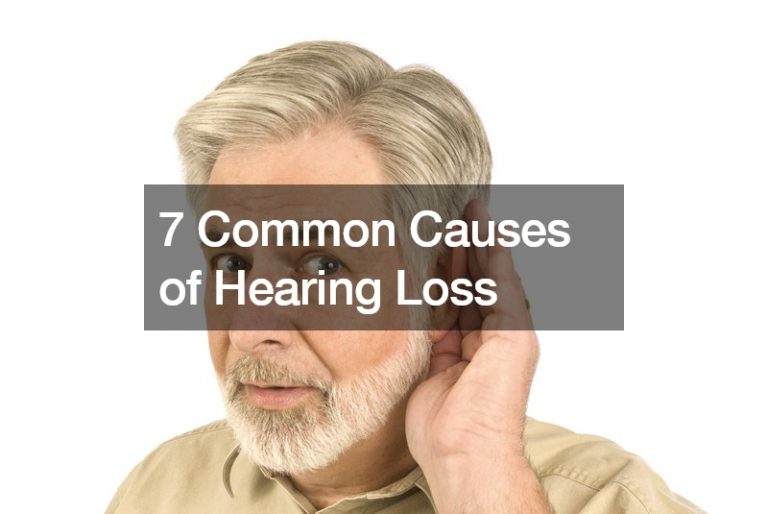Imagine this scenario: it’s a lovely sunny day in autumn, so you decide to go for a walk. You breathe in the fresh air, but you forget to check the pollen count before heading out, leading to sneezing consecutively and getting itchy eyes. If you know this feeling all too well, chances are you have allergic rhinitis.
According to the Allergy and Asthma Foundation of America (AAFA), approximately 5.2 million children and 19.2 million adults in the U.S. are suffering from allergic rhinitis. That’s 24.4 million people in the United States alone who are constantly struggling with managing their symptoms and allergic reactions.
Allergic rhinitis is also called hay fever because the symptoms worsen when there is too much pollen in the air during the haying season. But it can still occur throughout the year because not all cases of allergic rhinitis are seasonal, as in during spring and fall; most cases of rhinitis are perennial.
This means that any type of allergen can trigger an allergic reaction, which can then lead to uncontrollable sneezing and a runny nose. In some cases, it can also lead to sinus pressure and congestion because of the presence of allergens in the air. So, if you know you have allergic rhinitis, here are four ways you can manage it better:
Stay Away from Allergens
The best way to prevent triggering your allergic rhinitis is by staying away from allergens. These include grass or tree pollen, animal dander, dust mites, mold, and other airborne pollutants. So if you feel that the air is too thick with potential allergens, you should consider wearing a dust mask if you need to go outside.
But if you don’t have errands to run, then just stay at home. This way, you can avoid being in a position where you’re exposed to the pollen in the air, so you won’t trigger your allergies. However, you also need to make sure that your house is free of dust particles, pet dander, stray hairs, or mold to do that.

Take an Antihistamine
Histamine is a natural chemical that the body produces when it encounters allergens. When the allergens enter the body, the immune system will release histamines to combat the allergens and remove them from your system. Unfortunately, the removal process is what creates the typical allergy symptoms, such as consecutive sneezing and itching of the eyes.
If you want immediate relief from those uncomfortable symptoms, you should take an antihistamine. This over-the-counter medication can stop your body from producing histamine, which can then stop the symptoms from occurring. Some common antihistamine medication includes loratadine, cetirizine, and diphenhydramine.
Consult a Doctor
In severe cases, allergic rhinitis can lead to conjunctivitis, which is a disease that can lead to itchy, watery, or dry eyes. If it occurs simultaneously with your nasal allergy, the correct term for it is allergic rhinoconjunctivitis. And if you can longer fix it with antihistamines or eye drops, it might be best to go to an allergy care practice.
By consulting a doctor specializing in allergies, you might discover a better treatment plan that will help you manage your condition and avoid triggering it. Plus, this is also a more practical approach if the medication you’re taking to manage your allergies is no longer as effective as they once were.
Consider Allergen Immunotherapy
If most allergic medications can no longer provide you relief from the symptoms, which can eventually affect your quality of life, your doctor may recommend allergen immunotherapy. Compared to antihistamines that provide immediate relief, allergen immunotherapy is a long-term treatment plan to manage allergic rhinitis.
With allergen immunotherapy, you’ll be gradually exposed to a controlled level of different allergens so that you can build immunity towards them. This way, your body will start reacting differently if you’re exposed to the allergens again. But since it’s a long-term plan that can last up to three years, the noticeable changes to your immune response may take as long as six months before showing up.
However, the best thing about this is that you can enjoy up to 10 years of no allergic rhinitis symptoms after the three-year treatment plan. Additionally, it can prevent you from developing asthma and other severe reactions to new allergens that you’ll be exposed to. Allergen immunotherapy can be administered sublingually or under the tongue and subcutaneously or under the skin.
Managing your allergic rhinitis can be fairly easy to incredibly hard in mere minutes. But since there is no permanent solution to this disease yet, all you can do is depend on medication and therapy to manage your symptoms. So, if you think that antihistamines are no longer enough, consider seeking professional help to manage your allergic rhinitis.






